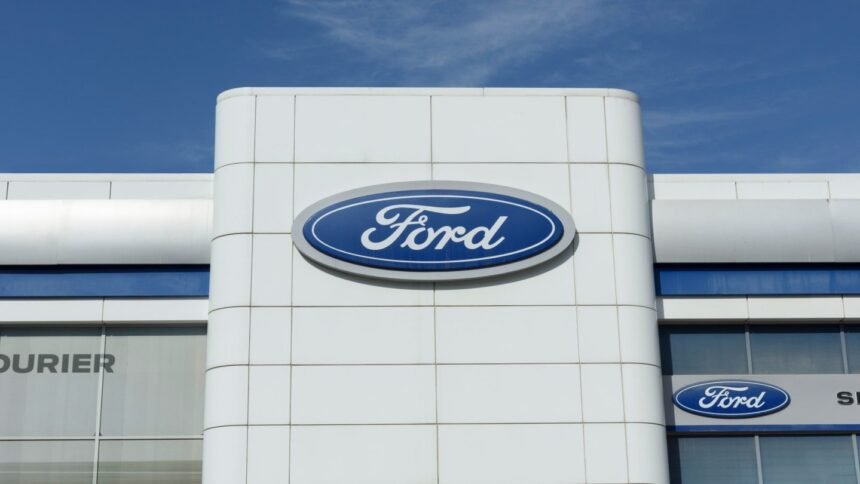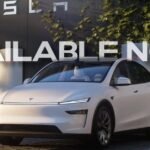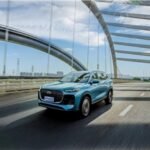Ford has made the decision to discontinue a program aimed at developing a next-generation electrical architecture, a move that was seen as crucial in order to compete with Tesla. The initiative, known as FNV4, was intended to enhance software functions across Ford’s vehicle range with the goal of reducing costs, improving quality, and introducing profitable new features. However, due to escalating costs and significant delays, the project has been scrapped.
Ford’s CEO, Jim Farley, had entrusted Doug Field, a former executive at Apple and Tesla, with completing the FNV4 project. Despite the decision to abandon the program, Ford remains committed to advancing its electrical architecture through its California-based skunkworks team, which is focused on developing sophisticated software and cost-effective electric vehicles.
The move to cancel the project comes amidst efforts by Ford to address quality issues and a high number of recalls since 2021. Tesla’s success with over-the-air software updates has set a benchmark that Ford and other automakers are striving to meet. The company has begun notifying select employees of a shift in focus towards its current electrical architecture and a heavier reliance on its skunkworks team.
Unlike EV startups like Tesla and Rivian, which develop their software in-house, legacy automakers like Ford face challenges due to complex systems built with code from many suppliers. Farley highlighted the issue, stating that the software in Ford vehicles is written by 150 different companies, leading to difficulties in making changes.
The abandoned FNV4 project represents a setback for Ford as it competes with GM and Stellantis to improve software systems, which are now essential for faster vehicle development and performance improvements. The advanced software was designed to be a “zonal” system, with smaller software units controlling specific vehicle functions and communicating with a central brain. This system would have reduced wiring harness costs and facilitated faster updates, as well as offering new subscription-based features.
Despite the setback, Ford remains committed to delivering fully connected vehicle experiences across its lineup, regardless of powertrain. The company continues to innovate and adapt to meet the changing demands of the automotive industry.







